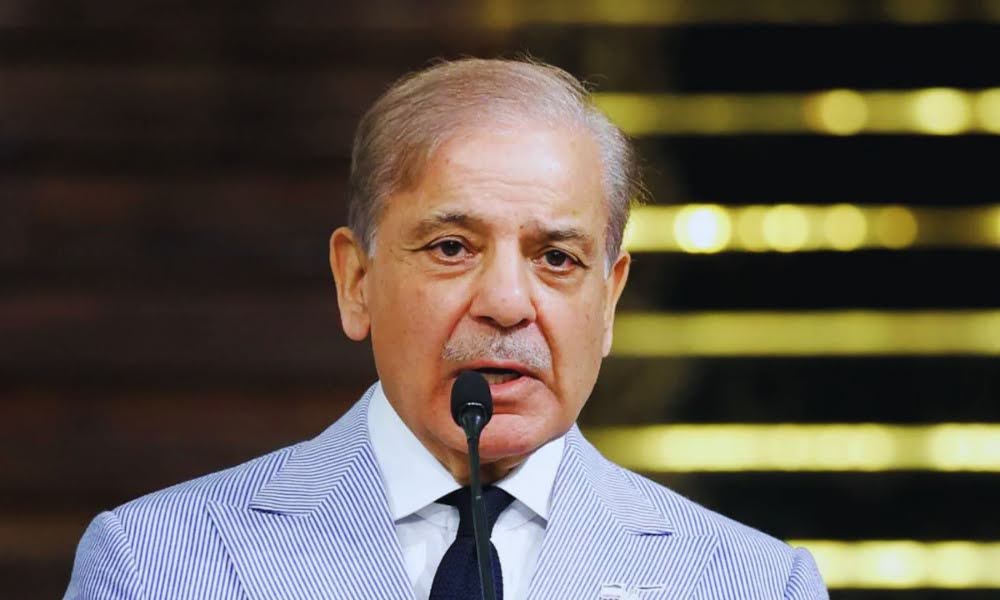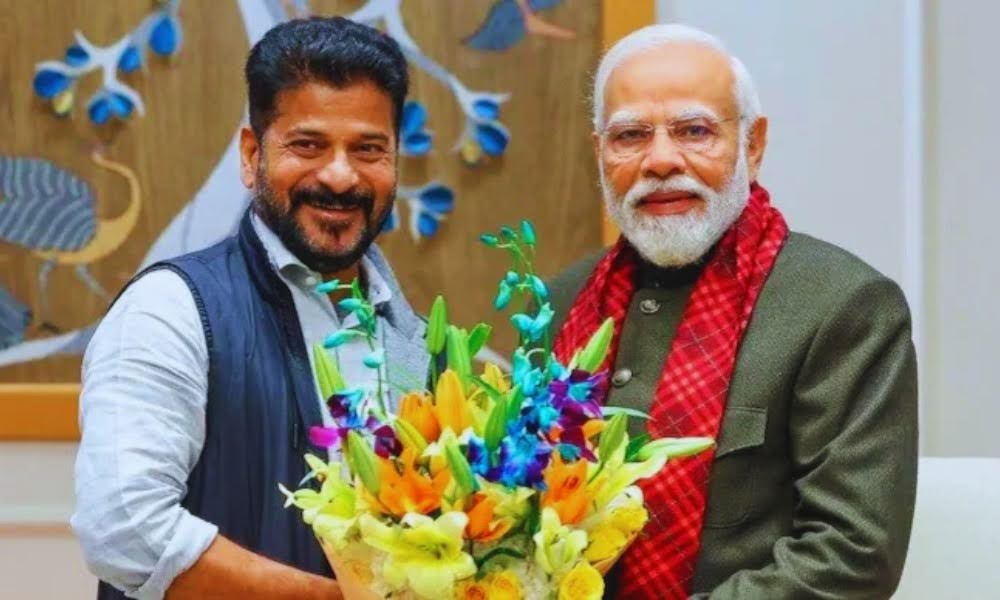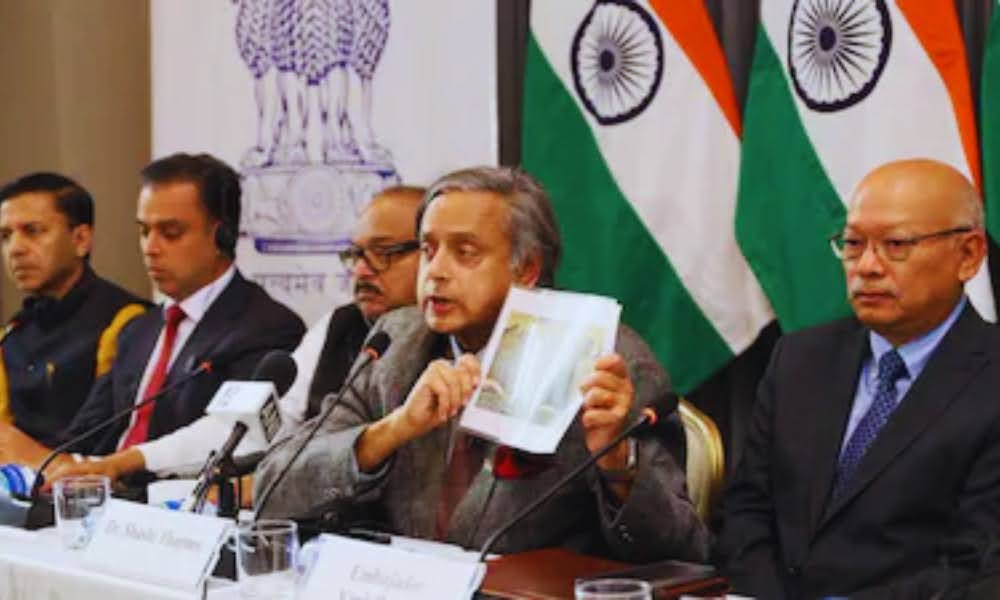Shehbaz Sharif Admits Pakistani Army Was Caught Off Guard by Indian BrahMos Strikes on May 10

Pakistani Prime Minister Shehbaz Sharif has acknowledged that the Pakistani army was unprepared when India launched BrahMos missile strikes on the night of May 9-10.
These strikes targeted crucial military installations, including the Rawalpindi airport.
Speaking at an event in Azerbaijan, one of the few nations siding with Pakistan, Sharif revealed that the army under Asim Munir had intended to retaliate against India after morning prayers on May 10.
However, before dawn broke, BrahMos missiles hit several provinces of Pakistan. Sharif said that General Munir, now promoted to Field Marshal, informed him of the strikes in the early hours.
“On the night of May 9-10, we decided to respond in a measured fashion to Indian aggression. Our armed forces were prepared to act at 4.30 in the morning after Fajr prayers to teach a lesson. But before that hour even arrived, India once again launched a missile attack using BrahMos, targeting various provinces of Pakistan, including the airport in Rawalpindi,” Sharif stated during his speech in Lachin.
This rare admission of India’s military response was made in the presence of Asim Munir.
Indian Response Targeted Strategic Military Bases
The Nur Khan airbase in Rawalpindi, located close to the Pakistan Army Headquarters, was one of the eleven military sites hit by India.
This base houses advanced military aircraft, including the Lockheed C-130 Hercules and Ilyushin Il-78 refuellers. Satellite images confirmed damage to at least two military transport vehicles.
In addition to Nur Khan, Indian forces also struck bases at Rafiqui, Murid, Rahim Yar Khan, Sukkur, and Chunian. Other airbases affected included Skardu, Bholari, Jacobabad, and Sargodha, all of which reportedly suffered extensive damage.
According to sources, approximately 15 BrahMos missiles were launched by India from Su-30MKI fighter jets, delivering precision strikes on these airbases. Satellite images verified the accuracy and impact of these hits.
BrahMos Missiles Evade Pakistan’s Air Defenses
India’s BrahMos missiles, developed in collaboration with Russia, bypassed Pakistan’s Chinese-origin air defense systems and struck with precision.
These supersonic cruise missiles, known for their ‘fire and forget’ capability, can reach targets up to 300 km away.
Prime Minister Narendra Modi praised the strikes, stating that the BrahMos gave the Pakistani army “sleepless nights.” His remarks came during a visit to Kanpur, where he launched infrastructure projects worth nearly Rs 50,000 crore.
PM Modi Hails Operation Sindoor and Military’s Strength
At the Kanpur event, PM Modi diverted from infrastructure topics to laud the Indian armed forces.
“We destroyed terrorist hideouts in Pakistan (by) going hundreds of miles inside (that country),” he said. Modi asserted that India’s military actions forced Pakistan to request a halt to hostilities.
“Our armed forces’ heroic acts forced the Pak Army to plead to stop the war,” he declared. He has made similar remarks during recent speeches in Gujarat and Bihar, ahead of upcoming elections.
The Prime Minister emphasized that Operation Sindoor showcased India’s military strength and specifically applauded the BrahMos missile’s role.
Confirmations and Ceasefire
Sharif’s confirmation of the BrahMos strikes came just days after earlier admissions that Indian missiles had struck Nur Khan airbase and other sensitive military locations in Pakistan in the early hours of May 10.
These missile strikes were part of Operation Sindoor, launched in response to Pakistan’s drone and missile attacks on May 7, which themselves followed India’s disabling of terror camps in Pakistan and Pakistan-occupied Kashmir.
These camps reportedly included the headquarters of the banned group Lashkar-e-Taiba, whose proxy had claimed the Pahalgam terror attack in April. Hostilities ceased after a ceasefire agreement on May 12.
Modi’s Continued Warnings to Pakistan
Since the ceasefire, Modi has consistently warned Pakistan against resuming conflict and demanded the dismantling of terror infrastructure.
He has stated that any resumption of ties would require credible action from Islamabad against cross-border terrorism and vacating illegally occupied regions of Kashmir.
Modi also reiterated that Operation Sindoor remains an active military response mechanism. In Gujarat, he accused Pakistan of “waging war” using terrorism and vowed to eliminate what he termed the “terror thorn” from India.
In Bengal, he said the armed forces had avenged the insult to Indian women by terrorists. In Bihar, he used metaphors, calling Pakistan a “snake” and warning that “if it raises its hood again, it will be dragged out of its hole and trampled.”
In Bihar too, he was launching Rs 50,000 crore worth of development projects.








